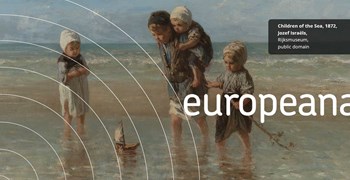Celebrating World Theatre Day 2015
Today we celebrate World Theatre Day, an annual celebration where all International Theatre Institutes and the international theatre community organises theatre events. The day was initiated in 1961, by the International Theatre Institute (ITI).
The earliest origins of theatre are to be found in Athens over 2,500 years ago. Here ancient hymns, called dithyrambs, were sung in honour of the god Dionysus. These hymns were later adapted for choral processions in which participants would dress up in costumes and masks. Eventually, certain members of the chorus evolved to take special roles within the procession. The first ever actor however, is Thespis, who astounded audiences by leaping on to the back of a wooden cart and reciting poetry as if he was the characters whose lines he was reading.
World Theatre Day has been celebrated in many and varied ways. Each year a figure outstanding in theatre or a person outstanding in heart and spirit from another field, is invited to share his or her reflections on theatre and international harmony. This is known as the International Message, the first International Message was written by the French Jean Cocteau in 1962. Nowadays the message is translated into more than 20 languages, read for tens of thousands of spectators before performances in theatres throughout the world and printed in hundreds of daily newspapers. The message is also distributed via radio and television stations, who transmit the Message to listeners in all corners of the five continents. Read the International Message of 2015, here.
Below we highlight some of the best playwrights in history. Want to explore even further? Go to Europeana for more theatre plays, actors and playwrights!
Images: 1. Hellenic Library – Alexander S. Onassis Public Benefit Foundation, Public Domain. 2. The British Library, Public Domain. 3: MUZEUM, Ljubljana, CC-BY-NC-ND. 4. MUZEUM, Ljubljana, CC-BY-NC-ND. 5. National Library of Denmark, CC-BY-NC-ND. 6. National Library of Denmark, CC-BY-NC-ND. 7. ESMAE, CC-BY-NC-ND. 8. Malmö museer, CC-BY.




















